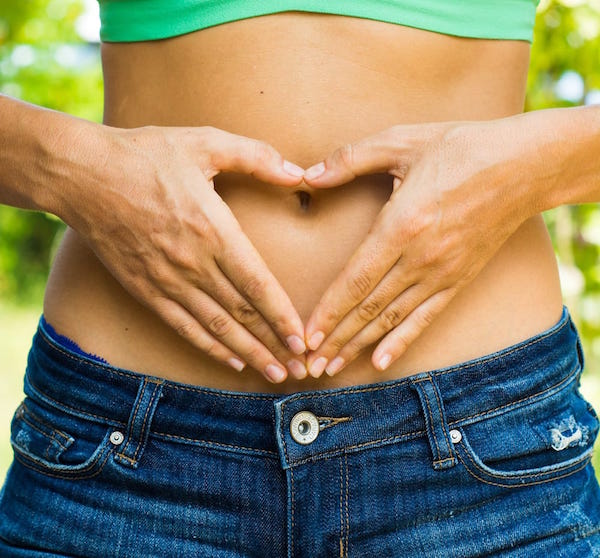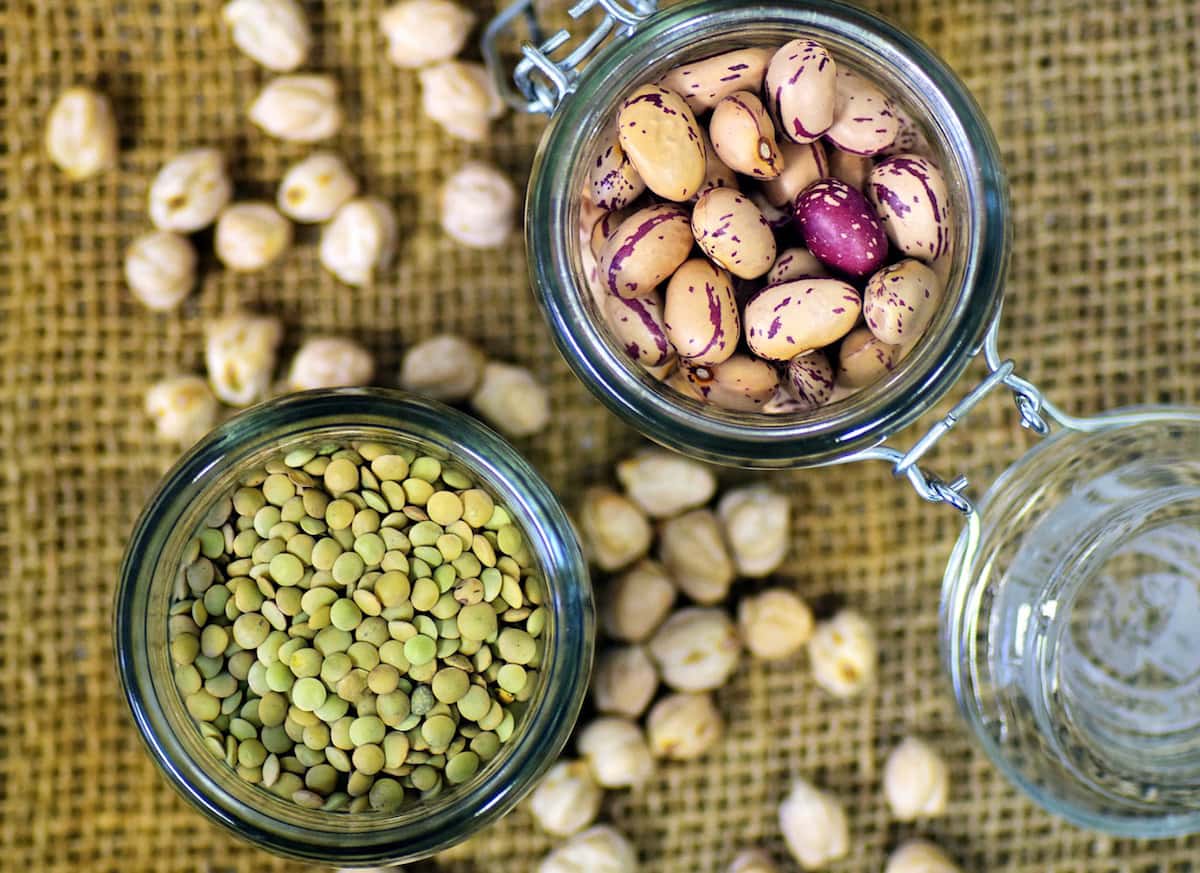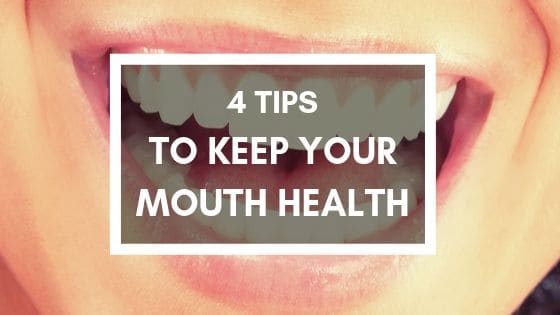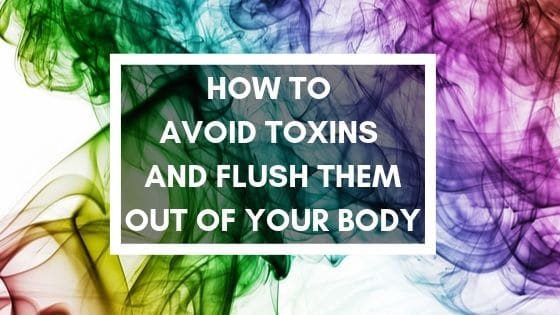
Did you know that the bacteria living in your gut can affect your whole body? These probiotics manage the good functioning of the immune system, they make vitamins and they break fiber into short-chain fatty acids. Gut microbes can not only influence your digestion, they also affect your metabolism and even your mind. Scientists agree that we know very little about this unique ecosystem you have in your belly called the microbiota. Probiotics are known to be the “healthy bacteria”, since they assist us in many ways in our bodies. The trend is now to eat food rich in probiotics, promising us a healthier and longer life. There are thousands of books and YouTube videos covering the subject, telling us which diet to choose if we want an ideal bacterial health.
At the moment, many scientists are investigating how our bacterial ecosystem influences the way we feel and think. There is now evidence that links the activity our gut bacteria could have on diseases like depression, anxiety, autism and more. Scientists say that the connection between our brain and our gut is bigger than we thought. Studies in autistic mice revealed that it is possible to improve their behaviour, just by adjusting their gut bacteria with an implant from another subject. Some animal lab studies have also shown the link between our gut microbes and anxiety. They found that certain strains of probiotics (Lactobacillus and Bifidobacterium) were able to reduce anxiety in mice, while other microbes appeared to raise their anxious behaviours. Human gut bacteria from anxious individuals have also been transferred to germ-free mice, making the animals more anxious like their donors. Scientists are not sure how the gut bacteria influences our brain. They know that they are able to produce neurotransmitters that play a role in our mood. Bacteria can even activate the communication between the gut and the brain. Some scientists believe that one day, we will treat psychiatric disorders with bacterial therapy, instead of Valium or Prozac. This would mean fewer side effects and positive outcomes on other aspects of our lives.
Here is a video from Dr. Michael Greger on nutritionfacts.org about the effect of probiotics on our mental health.
How to feed your probiotics

One of the many reasons I promote a whole food plant-based diet (WFPBD) is that it has been shown scientifically to greatly improve our gut health and our mental health. The WFPBD is rich in prebiotics, which means that it contains what probiotics like to eat: fiber. Lots of it! Studies have shown that eating healthy carbohydrates (from a WFPBD) increases levels of Lactobacillus and Bifidobacterium, and lowers the stress hormone Cortisol. During the study, patients would focus more on the positive rather than the negative, making those results similar to those obtained in studies where the patients took anti-depressants and anti-anxiety medication. This shows the effectiveness of probiotic supplements on our mental health.
So, how does the whole foods plant-based diet work? How can you keep a healthy gut flora? It’s simple, but you need to put the effort in. Start eating more of fruits and vegetables, beans and whole grains. You can download Dr. Michael Greger’s free APP “The Daily Dozen” , to track what you eat every day and make sure you get the proper nutrition. Eating your fruits and veggies raw may also be even more beneficial, because they are covered with millions of lactic acid bacteria, some of which are the same type used as probiotics. Have a look at our detox diet section, you will find plenty of ideas for your new plant-based menu.
What are probiotics good for?
- Poor digestion
- Weight management
- Irritable bowel syndrome (IBS)
- Leaky gut syndrome
- Nutritional deficiencies
- Diarrhea
- Bloating
- Intestinal gas
- Constipation
- Yeast infections
- Eczema
- Acne
- Depression
- Anxiety
- Mood swings
- Low immunity
- Candida overgrowth
- Food allergies
When and how should you take probiotics?
Supplementing in probiotics daily is a great way to reach optimal health. You can get them in the form of powder, or in capsules. In our days, the probiotic capsules are designed to resist the acidity of your stomach, and open up in your intestine, where you want the probiotics to go. The powder can be much cheaper, and is easier to give to children. Even if the powder does not come with the protective capsule, it is still possible to get great results with it. Mix a teaspoon in water and drink it first thing in the morning. You can also use the powder to make fermented beverages and yogurt.
You should choose a brand that contains different strains of Bifidobacterium and Lactobacillus, with at least 10 billion active bacteria. The more the better. Probiotics that are kept in the regrigerator will last longer than the ones found on the shelves of a store. From the moment the probiotics leave the manufacturing company, the bacteria start dying. If kept in the refrigerator or freezer, they die at a slower paste. So make sure you look at the expiry date before you buy your probiotics.
When should you take probiotics? Labeling is often very confusing, making it hard for the public to know what is best. So, the latest science says that probiotics should be taken once or twice daily, preferably 30 minutes before a meal, or with a meal that contains fat.
How to get probiotics from food?

Probiotics are also found in certain foods that have been fermented. They can be bought at the store or made at home. Here is a list of vegan probiotic foods.
1. Kombucha
Kombucha tea has become so popular in the last decade. It is a black tea that has been fermented, and that is usually effervescent. The fermentation process starts with a SCOBY, which means symbiotic colony of bacteria and yeast. You should know that kombucha contains a lot of sugar.
2. Kefir
Kefir has been consumed for over 3,000 years. It contains more probiotics than yogurt and is normally a combination of fermented kefir grains and dairy. However, it is possible to have vegan kefir, which is fermented with coconut water. The term kefir first came from Russia, meaning “feeling good”.
3. Sauerkraut
Sauerkraut is a German dish made of fermented cabbage and other vegetables. It is the abundance of organic acids that encourages the growth of probiotics. Sauerkraut is not rich in probiotic like kefir, but it is still helpful when dealing with digestive issues like diarrhea, constipation and leaky gut syndrome.
4. Kimchi
Kimchi is a Korean version of sauerkraut. It is made with cultured vegetables like Chinese cabbage, radishes, onion, carrots, ginger and garlic. Kimchi is normally spicy, and it is consumed as a side dich.
5. Natto
Natto is a very popular dish in Japan. It consists of fermented soybeans, usually served on rice. It contains a probiotic that can boost the immune system and improves digestion, called Bacillus subtilis.
6. Yogurt
If you ask anyone where to get probiotics, their answer will be in yogurt. It is the most popular probiotic-rich food because advertising companies are very convincing and the dairy industry is very powerful. If you wish to avoid dairy, soy yogurt and coconut yogurt are available in most grocery stores. Truthfully, unless yogurts are home-made, they should not be a part of a healthy diet, because of the sugar and other additives they contain.
7. Miso
Traditionally used in Japanese medicine and in macrobiotic cuisine, miso is made of fermented soybeans, barley or rice. It can come as a red, white or brown paste. The fermentation process can take from a few days to a few years. In Japan, many people start the day with a miso soup, to stimulate their digestive fire.






